Upcoming events
No upcoming events.
Past events

June 21st, 2025
From Vught to Gaza: Racism, Colonialism, Secularism and Zionism, A Conversation with Arun Kundnani, Janneke Stegeman and Sinan Çankaya
Framer Framed, Amsterdam, 3-6 pm - to register - https://framerframed.stager.co/web/tickets/111542788
This event explores the entangled legacies of racism, colonialism, secularism, and Zionism through the lens of historical memory, religious discourse, and contemporary political violence. Drawing connections between the Netherlands’ own colonial past and the current crisis in Gaza, the conversation asks: how are histories of European empire reproduced in state violence today? What roles do secular and religious narratives play in justifying racial hierarchies, border regimes, and occupation? How has capitalism and Christian Zionism contributed to Dutch complicity in the Gaza genocide? We bring together three leading thinkers whose work interrogates the ideological foundations of Western liberal democracies and their complicity in systems of oppression, both within Europe and beyond.
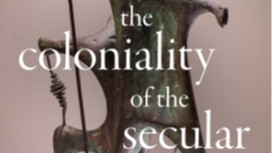
May 26th, 2025
Caribbean Poetics and Coloniality of the Secular
Erasmus 14.11, from 15-17
In The Coloniality of the Secular, An Yountae investigates the collusive ties between the modern concepts of the secular, religion, race, and coloniality in the Americas. Drawing on the work of Édouard Glissant, Frantz Fanon, Aimé Césaire, Sylvia Wynter, and Enrique Dussel, An maps the intersections of revolutionary non-Western thought with religious ideas to show how decoloniality redefines the sacred as an integral part of its liberation vision. He examines these thinkers’ rejection of colonial religions and interrogates the narrow conception of religion that confines it within colonial power structures. An explores decoloniality’s conception of the sacred in relation to revolutionary violence, gender, creolization, and racial phenomenology, demonstrating its potential for reshaping religious paradigms. Pointing out that the secular has been pivotal to regulating racial hierarchies under colonialism, he advocates for a broader understanding of religion that captures the fundamental ideas that drive decolonial thinking. By examining how decolonial theory incorporates the sacred into its vision of liberation, An invites readers to rethink the transformative power of decoloniality and religion to build a hopeful future.

May 15th, 2025
The Holy Fire in Jerusalem: Sovereignty and Polemics in the Interconfessional History of a Medieval Mediterranean Miracle
TBA
This lecture examines the long history of the miracle of the Holy Fire to understand its significance for interreligious relations. The presentation considers multiple layers of its meaning and function, whether through polemics between Christians and Muslims, shared practices in local religious culture, contested notions of religious sovereignty over the sacred city of Jerusalem or competing visions of salvation history. It will concentrate on the Medieval Mediterranean era and geography, particularly the Abbasid/Fatimid period and Latin Crusader transition, but it will reflect finally on whether and how the earlier history informs the contemporary experience of the miracle both locally in occupied East Jerusalem and globally through Eastern Christian churches and diasporas.
April 14th, 2025
Inter-confessional interaction in practice in Iberian Spain
E15.39
We know that people in the medieval Mediterranean lived together and must therefore have been familiar with each others' religious practices: the most public, outfacing expression of religious identity. But to what extent did these practices play a role in establishing boundaries between religious communities? Using medieval Iberia (Spain) as a case study, we will look at the evidence both for religious practice as a means of separating communities (Christian, Muslim and Jewish) but also for bringing them together. We will focus especially on the holidays and holy figures celebrated in each community, as the focus of polemic, curiosity and interaction between groups.
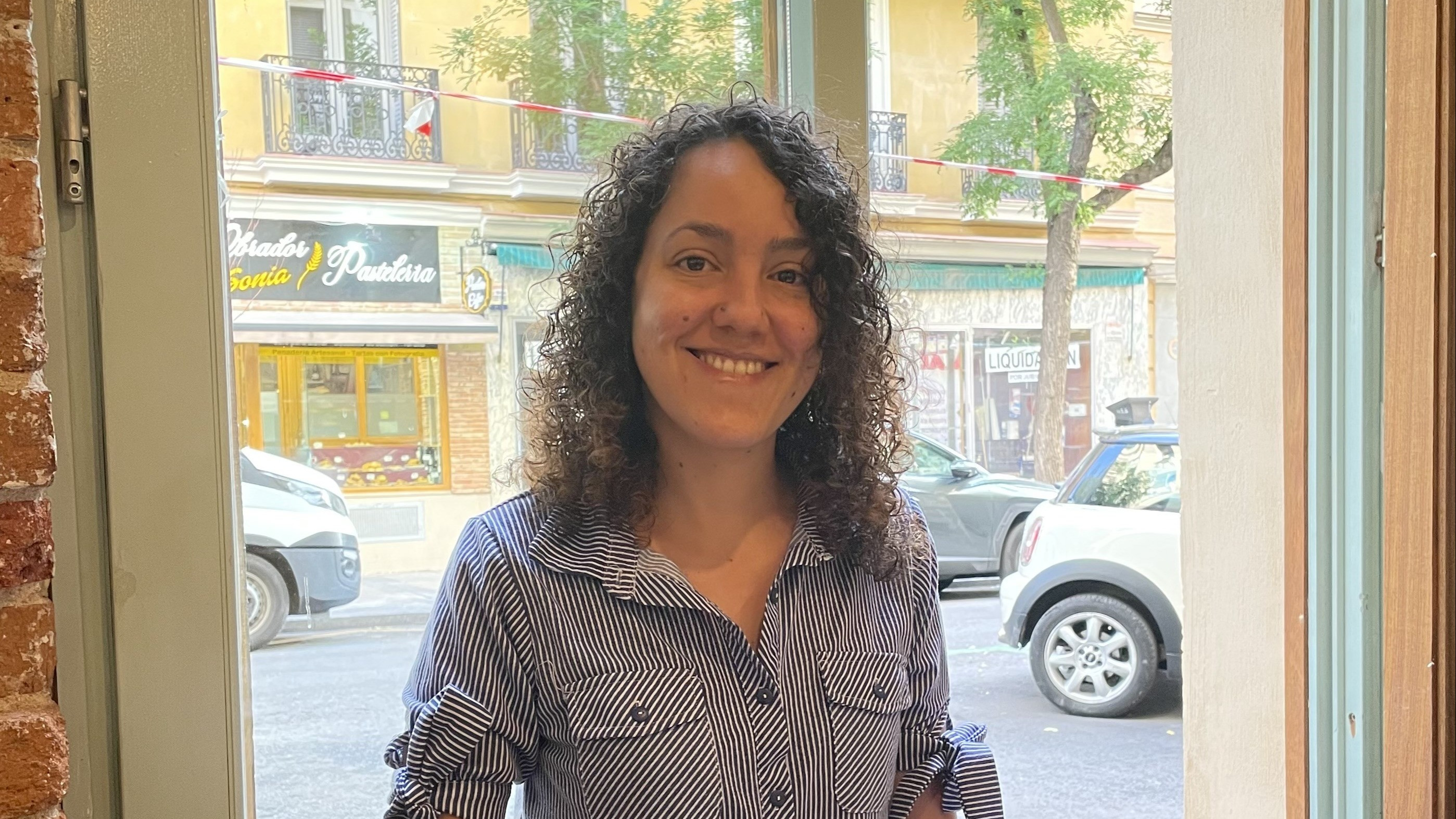
February 5th, 2024
Questioning the role of Anti-Blackness in Quijano’s theory of Coloniality of Power
Radboud University
During this session we will discuss together with Rosa O’Connor Acevedo paper "Questioning the role of Anti-Blackness in Quijano’s theory of Coloniality of Power." She argues that Quijano’s conceptualization of race within the theory of coloniality of power is limited and theoretically insufficient given its lack of elaboration regarding the role of anti-Blackness in Spanish colonization.
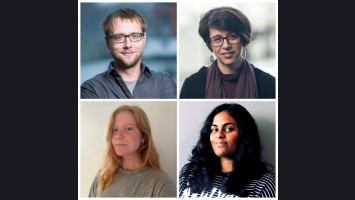
December 18th, 2023
Resisting Enslavement: A Global Historical Approach to Slavery in the Dutch Atlantic and Asian Empire (1620-1815)
Radboud University
The ‘Resisting Enslavement’ project questions how resistance by enslaved impacted slavery and modes of enslavement in societies connected to the global Dutch colonial empire. By studying slave resistance from a global micro-historical perspective, the Resisting Enslavement project questions how different modes of enslavement impacted i) patterns of slave trade, ii) the labelling and treatment of enslaved, iii) and the social and resistance strategies of enslaved in the early modern Dutch Atlantic, Indian Ocean and Indonesian archipelago worlds.
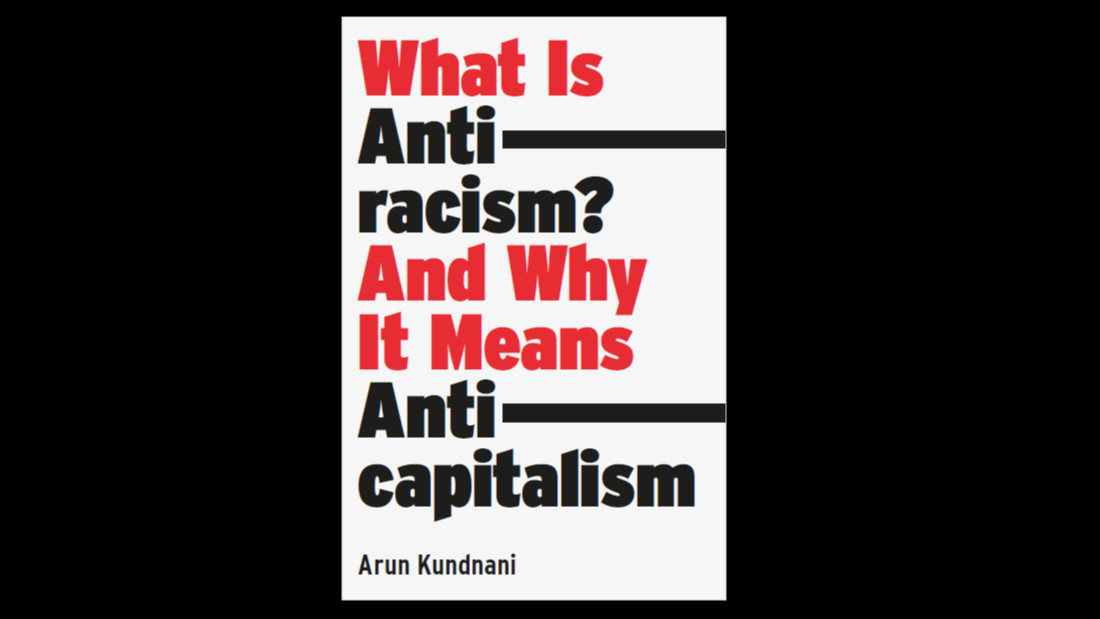
November 6th, 2023
What is Antiracism? And Why it Means Anticapitalism
Radboud University
During this event, author Arun Kundnani will join us (online) to discuss his latest work: What is Antiracism? And Why it Means Anticapitalism. In this important book, Arun Kundnani traces two traditions of anti-racist activism. Against liberal anti-racism, which views racism as an individual problem of extremist beliefs, he advocates a radical anti-racist tradition, which argues that fighting racism means striking at its capitalist roots.
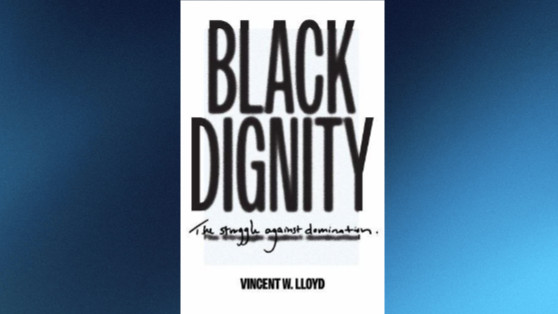
June 26th, 2023
Wounded or Healing? Black Feminism and Political Theology
Radboud University
In this talk Prof. Dr. Vincent Lloyd will present and discuss his paper titled: "Wounded or Healing? Black feminism and Political Theology".
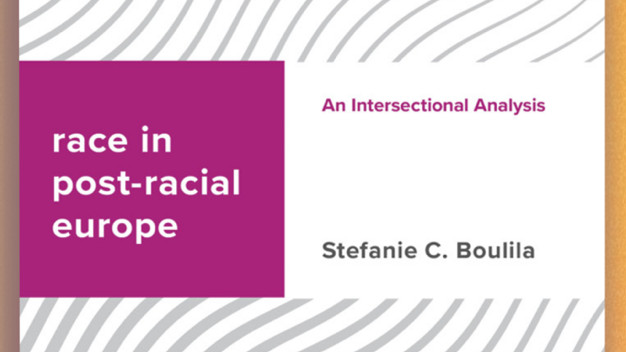
March 14th, 2023
Intersections between Post-Feminism and Post-Racialism
LIN8
Post-imaginaries, such as post-racialism and post-feminism, maintain inequalities through the claim of being beyond them. When used to signal a ‘breaking with’ the past, the prefix “post-“ suggests a linear time progression that is marked by ‘overcoming’ the discursive or social conditions that demarcate the past. Hereby, the prefix ‘post’ does not act as a neutral descriptor but as a productive imaginary of that respective past as well as of the present and the future.
March 13th, 2023
Modern Reactionaries, Mainstream Racisms: How Far-Right Actors Navigate Post-Homophobic Europe
Radboud University
When an openly lesbian politician was elected as the leader of the far-right party Alternative for Germany (AfD), many critics tried to make sense of what seemed like an oxymoron. However, Alice Weidel has repeatedly claimed that she is not a member of the AfD despite her homosexuality but because of it. Openly gay figures in far-right, heteroactivist movements or institutions seem out of place as the provision of gender and sexual equalities continues to be a longstanding site of contestation for far-Right actors across Europe.

December 12th - 12th, 2022
Religious Nationalism and Right-Wing Populism — Trumpism and Beyond by Philip Gorski
Radboud university
In this talk, dr. Gorski will discuss a chapter from his latest book The Flag and the Cross, discussing the puzzle of Trumps enduring evangelical support, described as White Christian nationalism. This might be viewed as part of a bigger global trend or religious nationalism cultivated by right-wing populist leaders, however, White Christian nationalism also proves to be unique in its ability to connect specific constructions of race, religion, and nation through narrative themes.
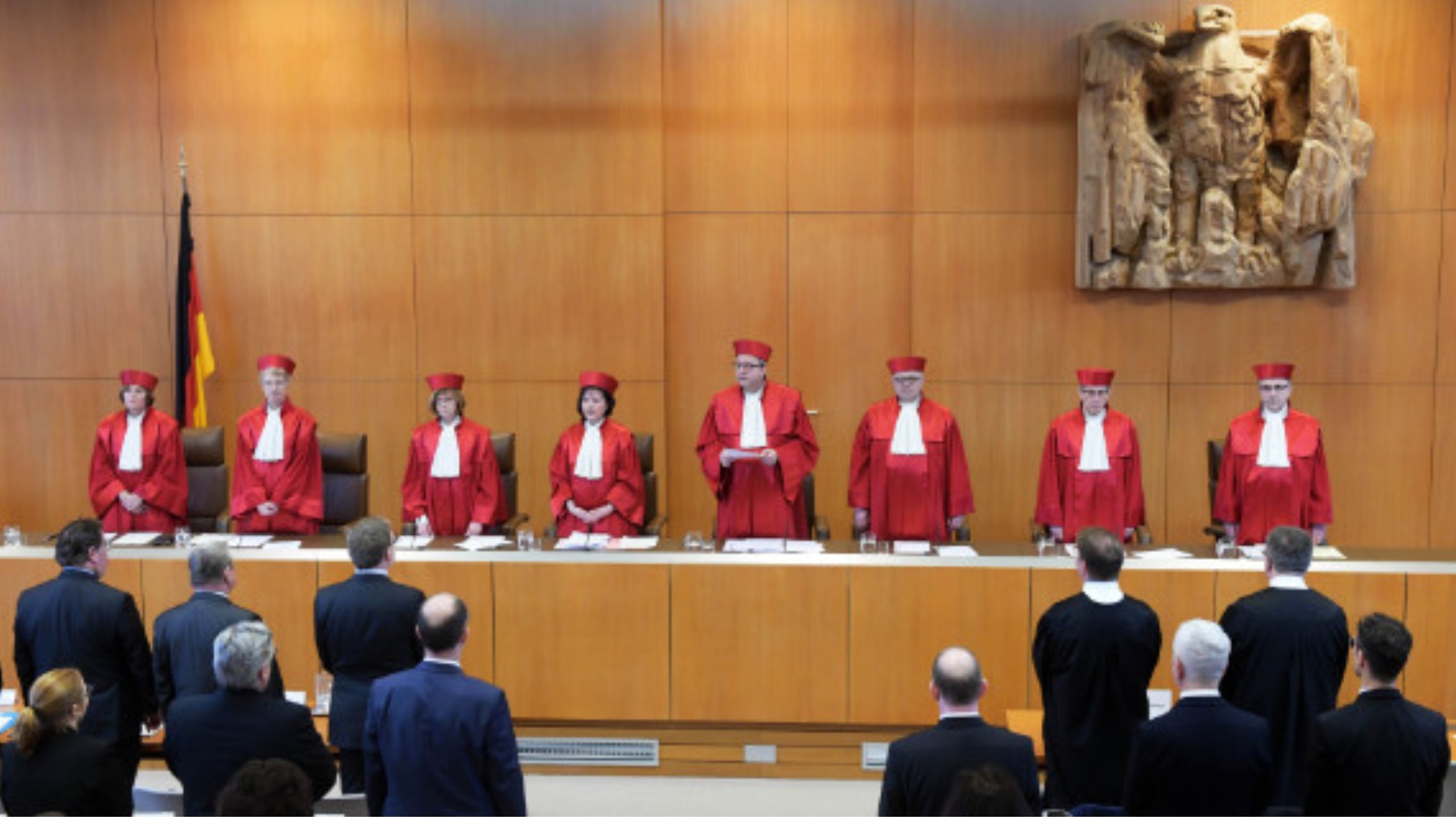
November 14th - 14th, 2022
Political Theology and the Stigma of Race and Religion in the German Rechtsstaat by Nahed Samour
Radboud University
The talk will put political theology and stigma in relation to liberal constitutionalism, political theory, religion and race as well as jurisprudence in Germany. In particular, it will investigate how "ideological-religious neutrality", through which the German Federal Constitutional Court articulates the relationship between state and religion, plays out when the state addresses and investigates its religious communities and how it hides the dimensions of race in negotiating religion.
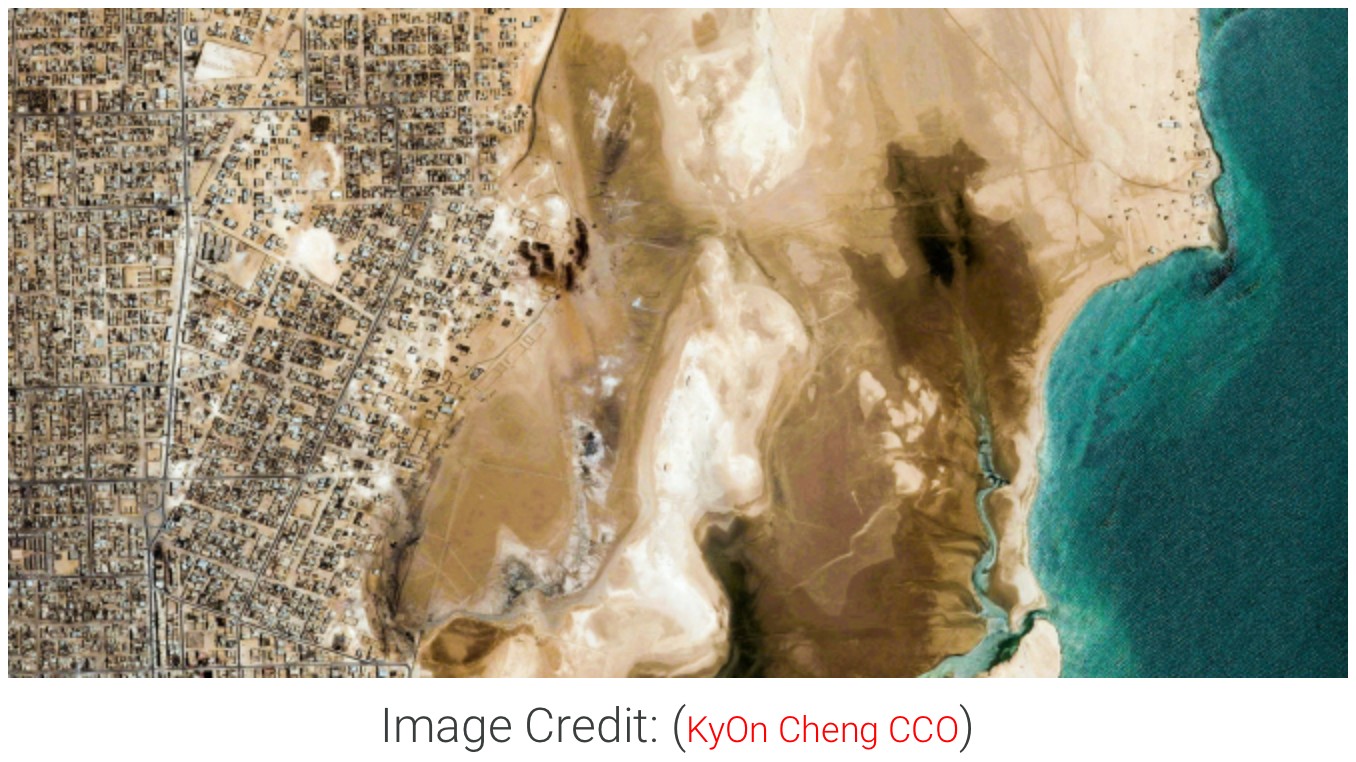
October 17th - 17th, 2022
The Pull to the Right of the Right, Religion, and the Ecological Crisis - Evaluating a Religio-Secular Perspective through a Reading of Bruno Latour’s Late Work
Radboud University
What is the relationship between the ecological crisis and the rising global tide of right-wing politics, populism, and the particular phenomenon of Trumpism? Drawing on the later work of philosopher of science, sociologist, and anthropologist Bruno Latour, this chapter brings an ecological perspective to bear on the “pull to the right of the right.”
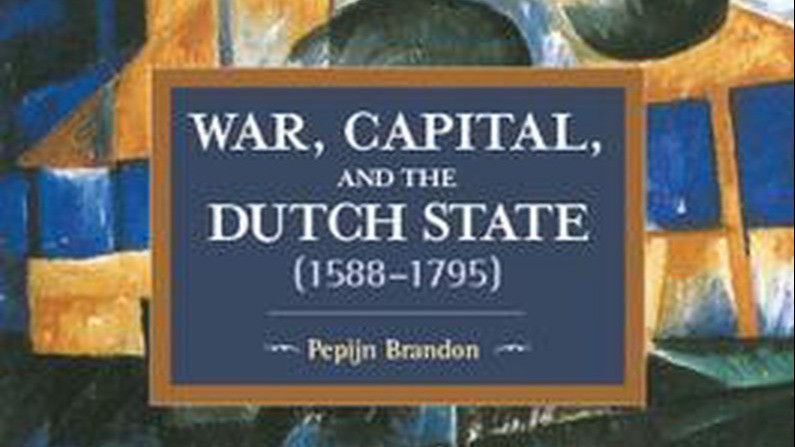
May 23rd - 23rd, 2022
Shifting Ground: Dutch Justifications for Slavery in the Seventeenth Century - Pepijn Brandon
Radboud University
Pepijn Brandon will give a seminar on the justifications for Dutch participation in slavery during the seventeenth century on Monday 23 May (15:30). In the seminar, Brandon will discuss a new reading of the Dutch involvement in slavery, examining legal, religious, economic and racial justifications.
March 21st - 21st, 2022
Sarah Bracke & Luis Manuel Hernández Aguilar - Unsettling the Question: Thinking the ‘Jewish Question’ and the ‘Muslim Question’ relationally
Online via Zoom
Sarah Bracke and Luis Manuel Hernández Aguilar will give a seminar on the relation between the 'Jewish Question' and 'Muslim Question' on Monday 21 March (15:30). In their talk, Bracke and Hernández Aguilar will situate the ‘Jewish Question’ and the ‘Muslim Question’ in an arrested temporal horizon in order to think them relationally.
March 21st - 21st, 2022
Anti-Racism Awareness Student Group: Moonlight + Talk
Lux Nijmegen
The Anti-Racism Awareness student group from Radboud University has organized the film screening of Moonlight (2016) on Monday 21 March at 20:15. The film addresses issues such as (sexual) identity, masculinity and racial inequality, which a panel of students will further discuss in an interactive talk after the screening.
February 14th - 14th, 2022
Francio Guadeloupe - Black Man in the Netherlands: An Afro-Antillean Anthropology
Online via Zoom
Francio Guadeloupe will discuss his book Black Man in the Netherlands: An Afro-Antillean Anthropology on Monday 14 February (15:30). Guadeloupe shares several chapters of his book in which he dissects specific experiences with racism by engaging with broader concepts of multiculturalism and developments in popular culture.
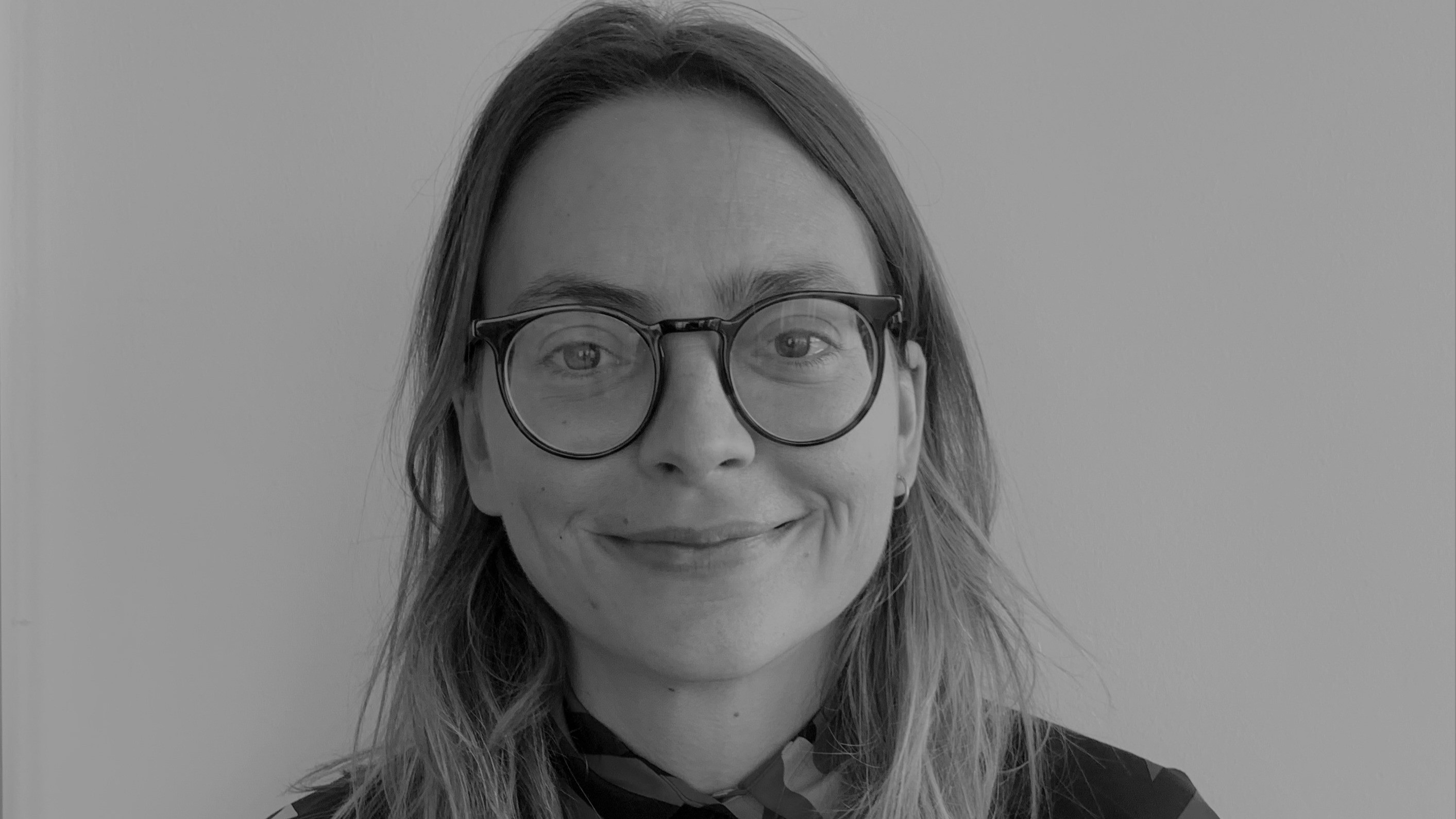
January 18th - 18th, 2022
Justine Bakker - Towards a Theory of Parareligion
Online via Zoom
Justine Bakker will give a presentation on a Theory of Parareligion on Tuesday 18 January (15:00). In her presentation, Justine will bring together religious studies and Black studies to rethink the categories of and relationship between “the human” and “religion.”
November 16th - 16th, 2021
May-Britt Öhman - Ungreen Wind power: Sámi and Scientific perspective on fossil-dependent and environmentally destructive designs
Online via Zoom
May-Britt Öhman will show a short film about the use of racism studies and decolonial methodologies in the analysis of ongoing windpower exploitations in Sámi territories, followed by a discussion on Tuesday 16 November (10:00).
October 18th - 18th, 2021
Marietta van der Tol - Lingering Legacies of Toleration in the Nation State
Online via Zoom
Marietta van der Tol will give a seminar on Lingering legacies of toleration in the nation state: integration, secularisation, and privatisation of religion on Monday 18 October (15:00). She shares with us a chapter of her PhD-dissertation “Politics of Religious Diversity: Toleration, Religious Freedom and Visibility of Religion in Public space” (University of Cambridge, 2020).
June 3rd - 3rd, 2021
#BLACKLIVESMATTER: One Year Later from Global to Local with Lewis Gordon
Online
To reflect on the past year of protests, the Radboud University Anti-Racism Collective and the Race Religion Research Team has invited American philosopher Lewis Gordon and Suus te Braak, organiser of the Nijmegen BLM demonstration, for an online lecture and conversation on Thursday 3 June.
March 25th, 2021
On Race, Species and Becoming Human
Online via Zoom
Zakiyyah Iman Jackson shares with us her innovative thinking on the intricate relations between race, species and the idea of ‘the human’.
March 24th, 2021
Radboud Anti Racism Awareness Week: "Conceptualizing Race and Religion" and "Islamophobia in the Netherlands and at Radboud"
Online via Zoom
As part of Radboud University's Anti-Racism Awareness Week (March 22-26), the race-religion constellation project is involved in two panels on Wednesday, March 24:
I: Conceptualizing Race and Religion: Islamophobia and Antisemitism (10:00-11:30)
II: Islamophobia in the Netherlands and at Radboud (12:00-13:30)
I: Conceptualizing Race and Religion: Islamophobia and Antisemitism (10:00-11:30)
II: Islamophobia in the Netherlands and at Radboud (12:00-13:30)
December 10th, 2020
Mariska Jung - Postcolonial Europe and it’s Animal Other: On Race, Religion and Species
Venue will be communicated depending on corona measures
Since the turn of the millennium, the practice of religious slaughter of animals for food consumption has become increasingly politicized in Europe, with over ten countries legally intervening in the practice or heavily debating to do so. This politicization occurs against the backdrop of 9/11, the alleged failure of multiculturalism and the problematization of Islam in Europe. The past decades have also witnessed the maturation of animal welfare as a political concern that is represented on local, national and European parliamentarian level. In her PHD research, Mariska Jung focuses on the conceptual questions and entanglements of race, religion and species that emerge from the political debate on religious slaughter. In this presentation, she will outline her general research framework and discuss parts of her work so far.
September 22nd, 2020
Conversation on "Becoming Human: Matter and Meaning in an Antiblack World" by Zakiyyah Iman Jackson
Online conversation
Please join the Race and Religion Constellation team for an online conversation Tuesday 22 September on Becoming Human: Matter and Meaning in an Antiblack World authored by Zakiyyah Iman Jackson. In this session, we will discuss the book and any kind of question it stirs up within us.
October 15th, 2019
‘Multiculturalism is not dead: Tariq Modood & Fouad Laroui in discussion about multiculturalism & secularism’
De Balie Amsterdam
In 2010 Angela Merkel famously declared the death of multiculturalism. The renowned British sociologist Tariq Modood believes Merkel is wrong: multiculturalism is not dead. In De Balie he shares his ideas about the future of multiculturalism and discusses the multiculturalist challenge with e.a. Fouad Laroui who believes in a strict separation between religion and state.
May 9th, 2019
‘Israel has a Jewish Problem: Self-Determination as Self-Elimination’
Spui 25 Amsterdam
Much has been written about the outcomes for Palestinians who have been excluded and marginalized by the Zionist project. This event adds a layer of complexity by asking about the outcomes of popular sovereignty for those presumed to be at the center of an ethno-national state, “the people” themselves.
March 8th, 2019
Honouring and Celebrating the Life of Saba Mahmood
Common Room, Anthropology (REC B5.12), University of Amsterdam, Roeterseilandcampus
Next Friday, March 8th, we gather to commemorate and celebrate her life and work. Scholars who have been touched and influenced by her work will reflect om Saba Mahmood's legacy on the study of religion, secularism, Islam, agency, piety, and feminism, to name but a few of the fields that have been impacted by her work. Everybody is welcome to contribute to this conversation.
October 22nd - 23rd, 2018
Entanglements of Race Religion and Secularism
University of Amsterdam & Radboud University Nijmegen
On 22 and 23 October the Race-Religion-Secularism network will organize its first conference in Amsterdam and Nijmegen. The conference aims to connect the innovative research on the race-religion constellation to recent academic discussions on the religio-secular paradigm.